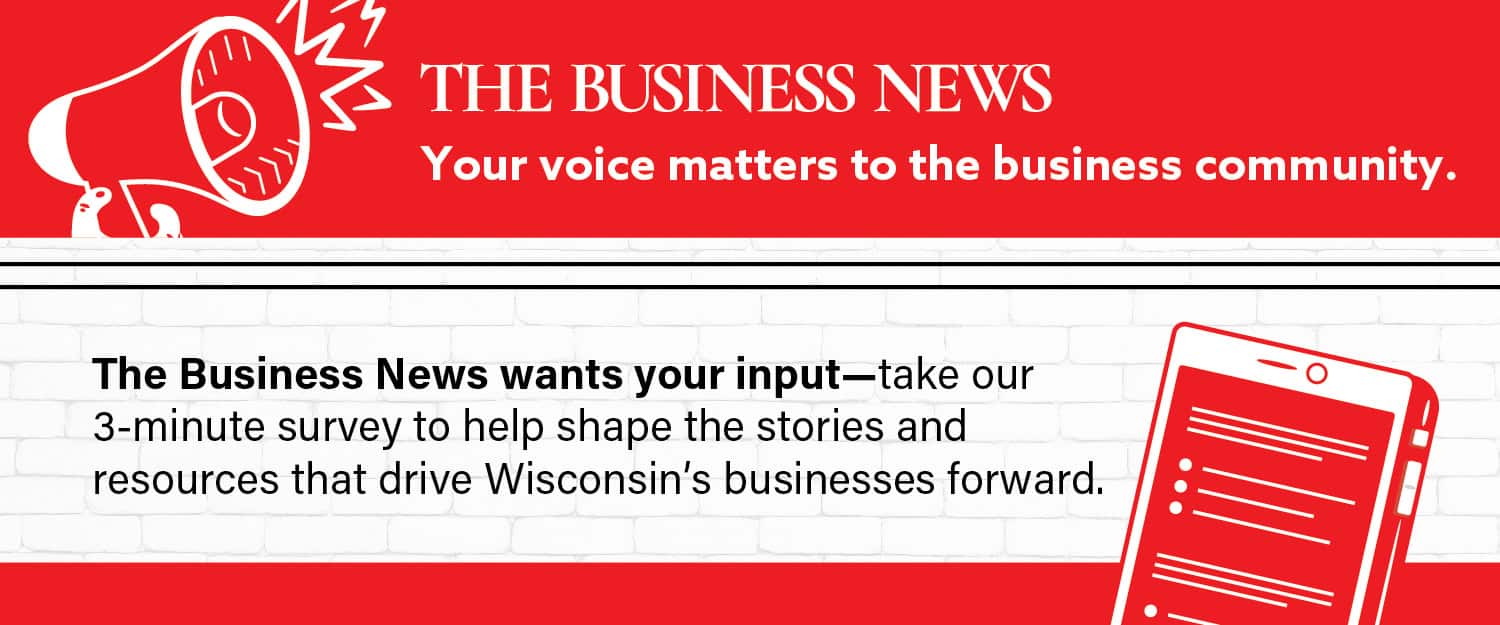
March 10, 2023
Employers could be shocked to discover that health insurance costs will grow as employees who took advantage of state health insurance programs, which were expanded due to the COVID-19 pandemic, will no longer qualify for those benefits after April 1.
Johnson Financial Group’s employee benefits planning team has cautioned employees and their dependents who will lose their pandemic-related extended coverage will have the ability to, and probably will return to their employer-sponsored health plans.
Thanks to federal legislation necessitating that Medicaid-backed programs keep workers enrolled throughout the pandemic, Wisconsin and some other states broadened access to state-sponsored health insurance schemes.
However, new legislation is about to take away this extended eligibility.
In eleven states, including Wisconsin, the Medicaid qualification is not being extended, meaning many individuals already enrolled in the programs will no longer have access to health insurance.
It is estimated between five and 14 million workers will miss out on Medicaid coverage, leading to a significant increase in health insurance expenses for employers.
What is Badgercare and what changed during the pandemic?
BadgerCare is Wisconsin’s Medicaid program, providing healthcare coverage for low-income individuals and families.
BadgerCare is funded by the federal government and the State of Wisconsin and serves more than 1.2 million people in the state.
During the early days of the pandemic, the state took steps to expand the program using additional federal funding.
Wisconsin expanded coverage to enroll more people and expanded services for those already enrolled.
For example:
Children could remain on BadgerCare until the age of 26 instead of the usual 19. People already enrolled in BadgerCare could remain on the program for a longer period.Wisconsin waived the usual three-month waiting period for new enrollees and simplified the renewal process.
What this means for employers
As workers became eligible for these federally funded programs, they waived employer-sponsored coverage.
However, the federal funding that made the expansion possible will be phased out starting April 1.
As it does, those losing coverage will experience a qualifying event, meaning if they are covered by an employer-sponsored health plan, they will have a special enrollment opportunity to sign up outside of the normal enrollment period.
This could increase premiums by up to $10,000 in employer costs for each employee who joins or returns to employer-sponsored plans.
Many employers may be caught flat-footed with unanticipated health insurance costs.
However, steps can be taken to defray these costs.
Employer preparation steps
Employers should first evaluate their company’s situation – do a cost/risk analysis with data from their most recent open enrollment to determine how many of their employees waive coverage and are covered by state programs.
As a point of reference, the typical employer with a high concentration of hourly workers saw on average 3-5% of their employees waive group health insurance as they were covered by the expanded Medicaid program.
It is important to complete these assessments now, as this enrollment change could occur as early as April 1.
Next, employers should determine the financial impact by calculating the cost of adding those employees to the most affordable health insurance option.
Communication with employees is crucial so they know about upcoming coverage changes and are informed of employer-sponsored alternatives.
Finally, employers should stay current on the latest news and regulations regarding this change to ensure they comply with any new rules and provide the best coverage possible to their employees.
The new year kicked off with record-high group health insurance renewals.
Now, employers face a potential mid-year fiscal tsunami when employees covered by BadgerCare join their group health plans.
By preparing for the end of extended BadgerCare now, you and your company can better address the needs of your employees and business this April and beyond.
Thom Mangan is a vice president of employee benefits consultant at Johnson Financial Group.
 Vines & Rushes Winery: Wisconsin-grown wine with every sip
Vines & Rushes Winery: Wisconsin-grown wine with every sip Letting the sun do the work
Letting the sun do the work








